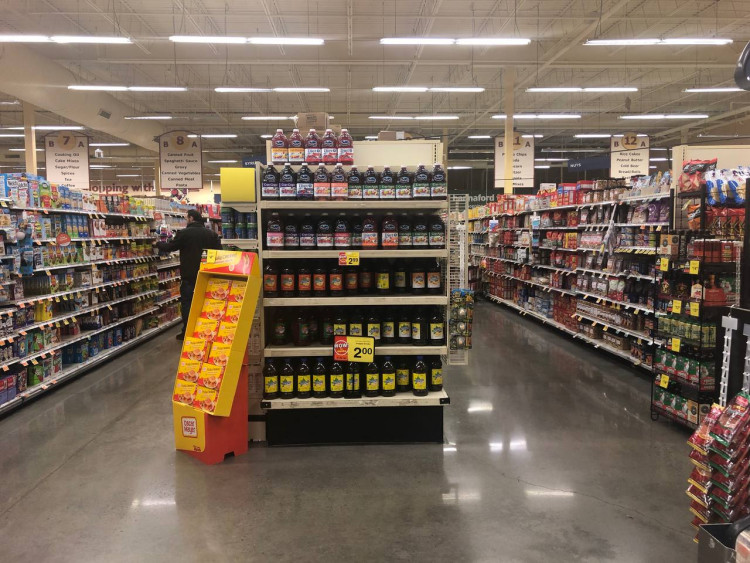Core U.S. inflation rose in July to its highest level since February, even as consumer spending showed resilience, underscoring the strain President Donald Trump's tariffs are placing on businesses and households while sharpening the Federal Reserve's policy dilemma.
The Commerce Department reported Friday that the personal consumption expenditures (PCE) price index-excluding food and energy-rose 2.9% from a year earlier, up from June's 2.8%. On a monthly basis, core prices increased 0.3%, matching expectations. The all-items PCE index rose 2.6% annually and 0.2% monthly.
The figures confirmed a steady build in underlying inflation, driven largely by higher services costs, even as energy prices fell 2.7% from a year earlier and food prices rose just 1.9%. Services prices advanced 3.6%, compared with a 0.5% gain in goods.
At the same time, consumer spending-accounting for more than two-thirds of U.S. economic activity-rose 0.5% in July after an upwardly revised 0.4% gain in June, matching forecasts. Personal income increased 0.4%, reinforcing household demand despite elevated costs.
Fed officials, who target 2% inflation using the PCE index, signaled they remain prepared to cut interest rates at their Sept. 16-17 meeting as labor market weakness intensifies. Fed Governor Christopher Waller reiterated Thursday that he would support a cut and could "entertain a larger move if labor market data continue weakening."
"The Fed opened the door to rate cuts, but the size of that opening is going to depend on whether labor-market weakness continues to look like a bigger risk than rising inflation," said Ellen Zentner, chief economic strategist at Morgan Stanley Wealth Management. "Today's in-line PCE Price Index will keep the focus on the jobs market. For now, the odds still favor a September cut."
The Fed has kept its benchmark rate in the 4.25% to 4.50% range since December. Chair Jerome Powell said last week that while inflation remains a concern, risks from the cooling job market are growing.
Employment gains have slowed markedly, averaging 35,000 per month over the three months through July, compared with 123,000 in the same period last year. A Conference Board survey this week showed the share of consumers viewing jobs as "hard to get" hit its highest level in 4½ years.
Trump's trade policy is amplifying the inflation dynamic. In April, he imposed a 10% baseline tariff on all imports, followed by reciprocal tariffs on trading partners and duties on targeted goods, while eliminating exemptions on products valued under $800. Businesses from retailers to automakers have warned that tariffs are raising costs, with economists expecting more of those increases to flow to consumers as inventories built before tariffs dwindle.






